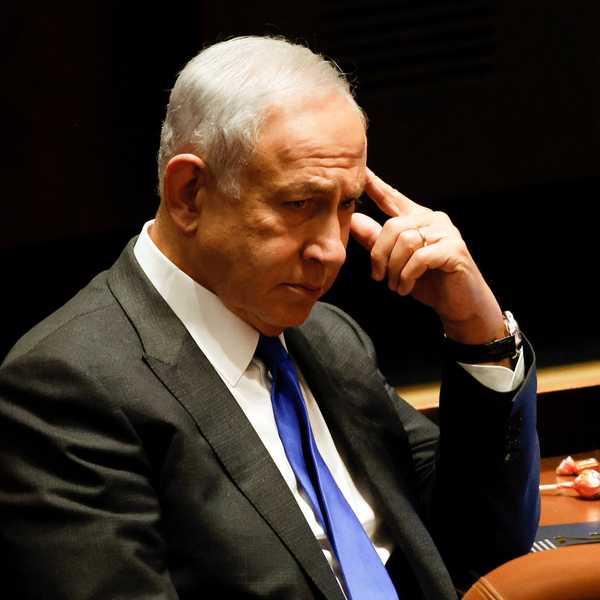NexGen Auto starts EV production ahead of schedule as Nishat units commit major funding
Plant to assemble Jaecoo PHEV and Omoda E5 with 2,000 bookings already secured
Business Desk
The Business Desk tracks economic trends, market movements, and business developments, offering analysis of both local and global financial news.

Jaecoo website
NexGen Auto, a subsidiary of the Nishat Group, has begun electric-vehicle production four months ahead of schedule, company officials said during a corporate briefing this week.
Nishat Chunian Power Limited (NCPL) and its sister company Nishat Power Ltd. (NPL) confirmed long-term investment commitments of up to PKR 2 billion each in the new venture. NPL has acquired a 33% stake in NexGen Auto through the subscription of 200 million shares.
“We see NexGen Auto as a meaningful long-term value creator for the group,” management said.
The plant, located adjacent to Hyundai’s assembly line, will assemble the Jaecoo plug-in hybrid and the Omoda E5 electric vehicle. Roughly 2,000 units have already been booked, with deliveries of CKD models expected to begin by mid-December.
The facility has an annual capacity of 32,000 units, and management expects the first dividend from NexGen Auto in FY28.
NCPL told analysts that market response to its models has been encouraging. “The J7 PHEV has secured around 2,000 bookings, while the E5 electric CBU model has crossed 100 bookings,” management said, adding that early sales momentum suggests “the venture may outperform initial financial targets.”
NCPL financial performance
NCPL, which operates a 200-megawatt power plant running primarily on residual furnace oil with high-speed diesel as backup, reported a sharp decline in generation during FY25. The plant posted a capacity factor of 3.34%, down from 13.99% a year earlier, and dispatched 57 GWh compared with 240 GWh in FY24.
Revenue fell to PKR 5.57 billion from PKR 15.2 billion a year earlier, driven mostly by lower demand. The company reported a loss after tax of PKR 3.38 billion versus a profit of PKR 4.91 billion in FY24. Management said the swing was mainly due to a one-time negative adjustment of PKR 5.713 billion tied to waivers and agreements signed with the power sector.
Loss per share stood at PKR 9.19, down from earnings per share of PKR 13.37 a year earlier.
The company also briefed investors on Amendment Agreements signed with the government, which introduced substantial revisions to its power purchase arrangement effective Nov. 1, 2024. Under the new structure, the tariff has shifted to a Hybrid Take-and-Pay model, with return on equity and return on equity during construction set at 35% fixed and 65% variable.
The delayed-payment rate has been reduced to 3-month KIBOR + 1%, with all past delayed-payment charges waived. Other adjustments include reductions in fixed O&M costs and the rebasing of working-capital components.
Management said it expects a “slight decline” in future profitability due to the concessions granted under the revised terms.







Comments
See what people are discussing